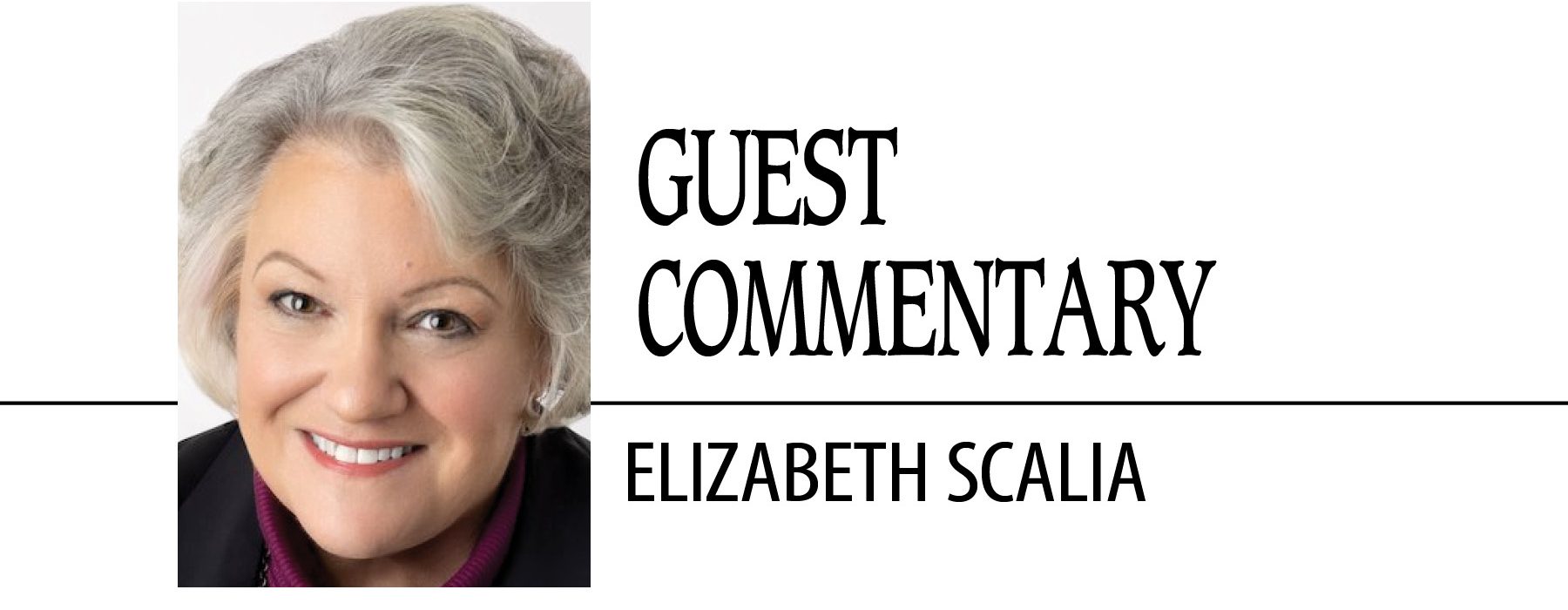December 13, 2023 // Perspective
Detachment as a Component of God’s Peace
Lately, I’m told by friends that it’s become difficult to get a “reaction” out of me, whether it’s about headlines or an encounter with beauty, and that I seem numb.
In truth, I feel things deeply, but – except for meeting a new baby or a puppy – I’m not one to reliably gasp and emote. I suspect that mostly I’m just too immersed in observation to make a showy response, even if they’re all the rage these days.
Perhaps it’s a combination of my early exposure to human strangeness and the daily examen that shows to me my own sins and failings with crystal-clarity, but few things really surprise me; I understand all too well how easily we bring ourselves to places we never expected to be.
It’s possible that I am simply weary. The breathlessness of modern life – the division, raised fists, conspiracy theories, mean memes, and the endless human self-advertisements that comprise social media content (where, make no mistake, we are both consumer and product) lately leave me wanting only to sit quietly in my room – to be still and know that God is God.
In that quiet space, my so-called numbness feels rather like a manifestation of God’s peace. It is a peace that comes with (and some might not like to hear this) a component of detachment.
Detachment scares people – it sounds like coldness or indifference – but I’m coming to believe it’s actually a deep manifestation of love.
It’s striking how God forces nothing on us. He puts Christ and goodness out there, and we’re free to take it or leave it, without His love draining away even a bit. The love is constant and steady, neither pleading nor haranguing; it’s just there, beside me and within me.
The love doesn’t have to be more; it doesn’t need to grow, because it is already full, and so it remains. In the stillness, what I feel is quite different from indifference – more like a great, deep, and wide embrace with the consolation that very few of the things we get balled up about really matter, in the end. We are, like Martha, “anxious about many things.” We spin about thinking we are serving goodness with our efforts to force the world, and circumstances, into an alignment of perfection, rarely figuring out that things will mostly be alright.
I love someone who is trapped in a terrible mental illness of depression and anxiety. I wonder, sometimes, whether her state has to do with having spent her entire life working so diligently to set everything to rights – ironing shirts at 10 p.m., mopping the floor at 11, rising at 6 a.m. to do it all again – only to one day discover that her pursuit of perfection had served a big fat illusion that it all “meant something and mattered greatly,” when, in fact, she could have relaxed a bit, enjoyed her family more, and things would have ended up pretty much as they had, anyway.
I suspect that once she did realize this, she became angry but permitted herself no outlet to express it (Freudians say depression is “anger turned inward”), and this has debilitated her.
Anger, at decades of nonstop doing, when it really didn’t matter if the baby shoes were pristine or the steps were vacuumed. Anger, and perhaps disorientation, at the realization that all the things she drove herself to do are not really missed by her family now that she’s stopped doing them. She didn’t get to figure out that just because no one misses all the stuff doesn’t mean they didn’t appreciate it; it just means it was never why they loved her to begin with – that their love for her wasn’t contingent on all she did but purely for who she was.
And there is the detachment component I’m calling part of “God’s peace.” Detachment from the worldly illusion that we can and should be perfect permits more time to come to know that God is God.
What we do, or fuss over – none of it is why God loves us to begin with. God just loves His creatures because God is 100 percent love. And, as we read in Sirach (15:19), “The eyes of God behold His works, and He understands every human deed.”
Of course He does. God understands what makes us tick and what makes us sick. God sees all that He has permitted to happen in our lives and comprehends what lies beneath our intentions and impulses (for good or for ill) – and all their origins – better than any of us ever can.
That being so, we have no idea the state of our own souls, much less anyone else’s, and await the day God fully reveals Himself to us and then shows us to ourselves within that full, mirror-bright light, so that we may finally understand, too.
Naturally, awaiting that day of blessed revelation doesn’t mean we shouldn’t try to have the very best intentions or to curb our worst impulses; we should, especially if our actions may have negative effects on others.
It does mean, though, that we are all deep wells of mystery, and God is yet deeper still. As such, it is good to not be shocked or scandalized too easily (Jesus never was). Good, too, to perhaps climb down off each other’s backs a little bit.
Elizabeth Scalia is Culture Editor for OSV News.
The best news. Delivered to your inbox.
Subscribe to our mailing list today.






